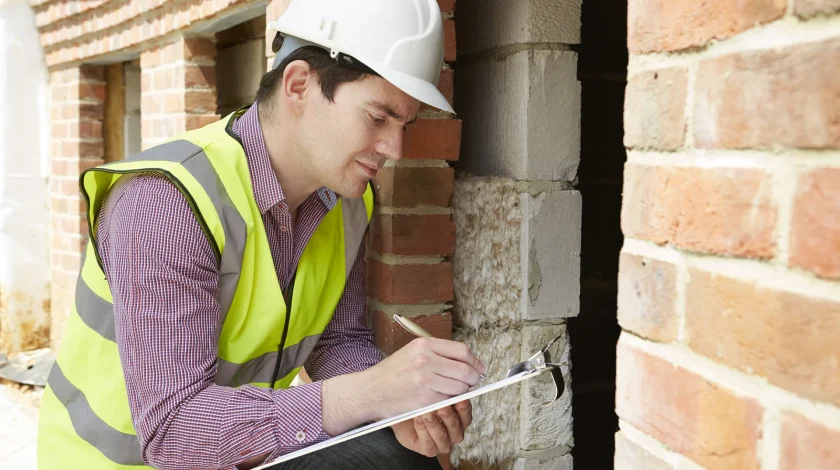Co-authored by Jace Coaldrake-Redhouse
Home warranty insurance (also known as home building compensation cover) is an insurance. policy that provides a safety net for homeowners if their building contractor is unable to complete construction or repair defective building works.
The legislative scheme
Home warranty insurance was introduced under the Home Building Act 1989 (NSW) (HBA) to safeguard homeowners in the event a building contractor dies, disappears or becomes insolvent without making good on their obligations under the contract. Where this occurs, the homeowner may be able to seek reimbursement of any resulting loss under their home warranty insurance policy.
Section 92 of the HBA requires building contractors undertaking most residential building projects valued at over $20,000 to take out home warranty insurance for that project. A certificate of that insurance must be provided to the homeowner.
If either of the above requirements have not been satisfied, the HBA prohibits the building contractor from requesting or demanding any payment under the contract, including a deposit, regardless of whether the works have commenced.
Further, section 94 of the HBA restricts building contractors who fail to obtain home warranty insurance from claiming any money from, or enforcing any remedies against, the homeowner under the building contract.
Homeowners
If you are concerned that your building contractor doesn’t have home warranty insurance for your building contract you must take swift, proactive steps to address the situation.
First, contact your building contractor and request a copy of the home warranty certificate. If you have a certificate, make sure that the certificate identifies the contractor you are working with, shows the correct contract value and properly identifies the address of the building works.
Make sure you have received the certificate before making any payments under the contract. You can check the authenticity of your certificate of insurance at the iCare NSW website.
Building contractors
It is essential that building contractors obtain home warranty insurance prior to conducting residential building works valued at over $20,000. Failing to do so can result in significant penalties and the inability to claim any money, or assert rights, under the building contract. It can also result in licencing issues and increased insurance premiums in the future.
If you do not have a home warranty insurance policy for the works, and the contract has been breached, terminated or repudiated by the homeowner, you may still be able to recover the value of the work you have provided to the homeowner if a court or tribunal considers that to be just and equitable.
In considering what is just and equitable for the purposes of the contract, the court or tribunal will consider the whole of the circumstances surrounding the dispute. This may include, for example, the impact of no insurance on the resale price of the property, or the benefit to the homeowner for receiving work without having to pay for it.
Home warranty insurance claims
Homeowners may be able to make a claim under a home warranty insurance policy when one of the following “trigger” events takes place, these are where the building contractor:
- becomes insolvent;
- dies;
- disappears; or
- has their building license suspended due to non-compliance with a money order made by NCAT or a Court in favour of the homeowner.
There are notification requirements and time limits for making claims under home warranty insurance. It’s important to seek advice about your rights and responsibilities as soon as an issue arises.
If you require guidance in relation to home warranty insurance or you have found yourself without insurance and want to explore your options to recover any resulting loss, please contact Coleman Greig’s Building and Construction team.














